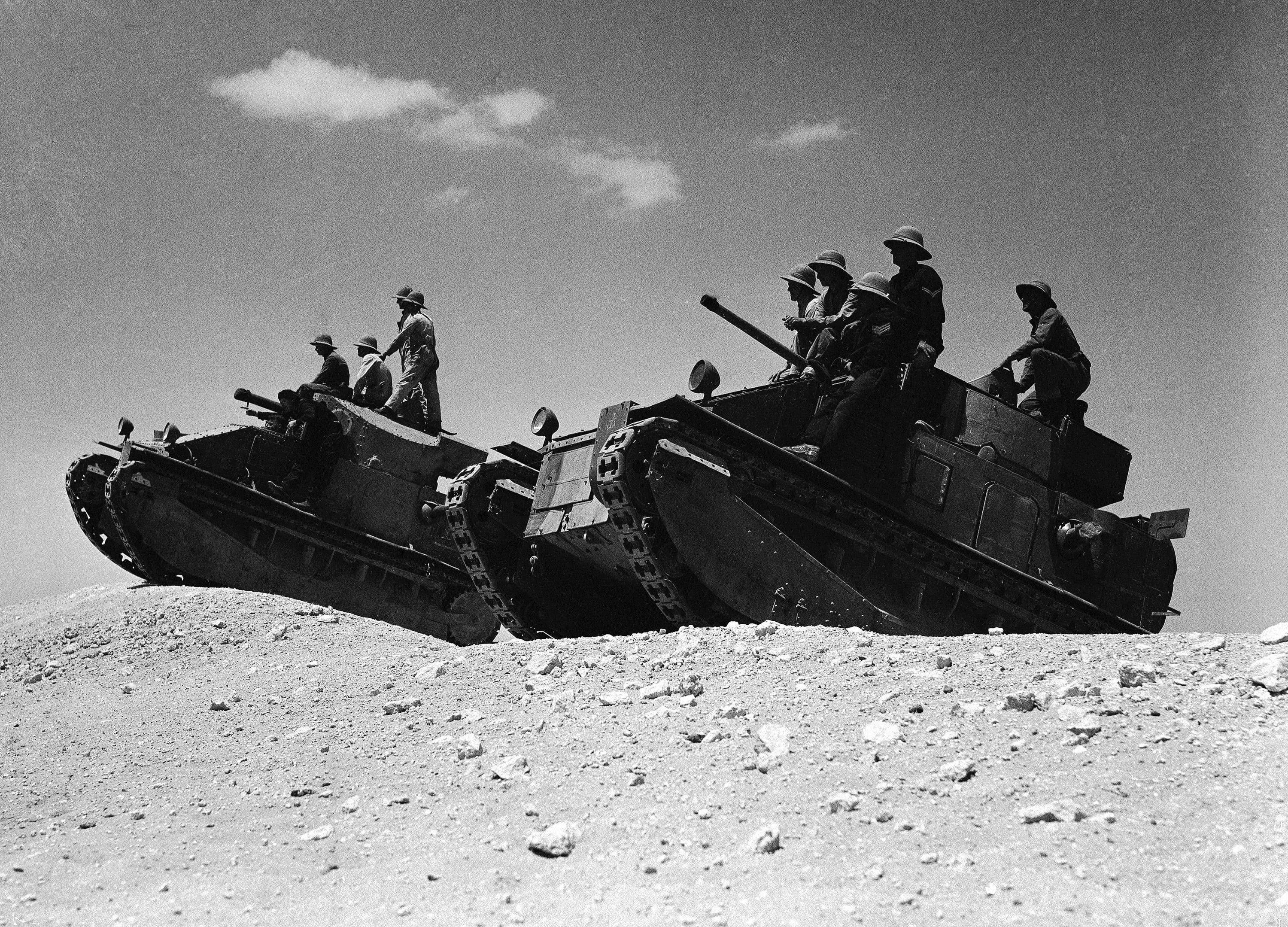
Modern Middle East and World War I essay
World War I has a considerable impact on the geopolitical development of the world. After the end of World War I, spheres of influence of leading world powers have changed consistently, reducing the impact of Germany and its allies and destroying the Ottoman Empire as the dominant power in the Middle Eastern region. However, the effects of World War I on the Middle East had proved to be quite different from what the local population had expected because instead of liberation and expanding the territory of independent states, the local population faced the problem of growing impact of European superpowers, especially Britain, which became the dominant power in the Middle Eastern region. At the same time, Europeans had proved to be unable to understand needs of the local population and specificities of the region, while poor governing and diplomacy of Europeans had laid the foundation to numerous conflicts and problems which tear Middle East apart till present days, including the Israeli-Palestinian conflict.
First of all, it is worth mentioning the fact that World War I brought great expectations to the Middle East, especially Arabs, who expected for independence from the Ottoman Empire to gain after the end of World War I. In this regard, European powers, especially Britain nourished abundantly their expectations. As a result, the local population supported Britain and its allies in the war expecting to gain independence and to expand territories of Arab states.
However, the war ended with the British occupying the territory that was to become Iraq, Palestine, Trans-Jordan, Syria and Lebanon (Gelvin, 56). In such a way, the war did not bring many changes to the region because the Middle East remained under the control of European superpowers, especially Britain, whose position was challenged in a way by France. The domination of Britain in the region ruined expectations of the local population for independence. In fact, Arab nationalists believed that the western powers, especially the British, had acted with arrogance, drawing borders and creating nations with little or no regard for the wishes of the local inhabitants (Gelvin, 78). The region was overwhelmed by internal conflicts and contradictions. Many forces, both local and foreign, were at work at the time the settlement was agreed (Gelvin, 102). Nevertheless, even though Arabs formally got their independence but they could not exercise their independence because of the domination of Britain in the region. In fact, the Middle East turned into the sphere of influence of Great Britain and partially France.
However, policies conducted by the British and other European powers in the region were absolutely irrelevant to needs and expectations of the local population. In this regard, the Palestinian problem became one of the most controversial effects of World War I. Moreover, this problem had emerged since World War I under the support of European powers, including Britain, and Russia, which insisted on making Palestine an international. In fact, Palestine became international and Jewish settlements appeared laying the foundation to the ethnic conflict between Jews and Palestinians as well as laying the foundation to the future Jewish state – Israel (Gelvin, 152). Israeli-Palestinian conflict persists till present days but it is obvious that roots of this conflict date back to the end of World War I and policies conducted by the winners in the Middle East.
At this point, it is worth mentioning the fact that to gain the support of the Jewish population European powers signed the Balfour Declaration, which turned into international proclamation after the end of the war and led to the enhancement of the position of Jews in the Middle East. In fact, Palestine had been promised by Britain to Arabs and Zionists (Gelvin, 87). In the course of the British dominance in the region, the increase of the Jewish population in Palestine accelerated the growing conflict between Jews and Palestinians as well as other Arab states (Gelvin, 104). In such a way, World War I did not really grant independence to the Middle East but provoked ethnic conflict between Jews and Palestinians. At this point, it is important to stress that Europeans played the key part in the rise of this conflict.
Finally, along with political problems, the Middle East faced substantial economic difficulties, such as the emergence of two economies, modern and traditional ones in the region (Gelvin, 95). In fact, the local economy needed fast modernization to catch up with leading European and world powers. Naturally, Britain, which dominated in the region, was not interested in rise of a new power in the Middle East. Instead, Britain, as well as world powers, were interested in the exploitation of the local resources for the benefits of the world powers. As a result, they modernized the local economy to increase the effectiveness of such exploitation but did not reform it entirely to make the local economy the modern one.
Thus, World War I brought a bunch of problems to the Middle East, whereas independence granted to the local population was a mere farce for Britain dominated in the region.

